(ECNS) -- An increasing number of Chinese homebuyers have flocked to banks to prepay their mortgage loans recently and they have to wait three to five months to sign off on a repayment due to the rapid increase of applications.
Both the Agricultural Bank of China and the Bank of China in Beijing told China News Service that getting a prepayment seat could take two to three months.
However, in 2021, many cities across China still saw home buyers lining up to borrow money from banks.
How did the shift happen within just two years?
Analysis shows the phenomenon was triggered by three factors, which also reflect changes in the Chinese property market.
First, returns on wealth management products have declined.
Before Spring Festival, affected by fluctuations in the debt market, the yield of wealth management products declined significantly, and some even saw negative returns.
Wealth management products regarded as having no risks in the past had suffered losses, which changed many people's investment and financing plans.
Data from Zhuge.com, an online house property information platform, indicate that the annual interest rate of many wealth management products has fallen to less than 3 percent, which means the returns of ordinary items are lower than the increased mortgage interests.
As a result, if homebuyers failed to find a better investment product, they turned to spending their deposits on repaying mortgage loans in advance.
At present, the annual interest rate of many homebuyers' stock loans registered 4 percent to 6 percent, while some loan interest rates issued after 2020 topped more than 6 percent. The return on most capital guarantee wealth management products is less than 3 percent.
Secondly, the interest rate of mortgage loans in many cities has been dynamically adjusted.
China announced a dynamic mechanism for first-home mortgage rates in January, and many cities adjusted the lower limit for the rate based on property-price trends.
According to statistics of China Index Academy, in January 2023, there were nearly 20 cities that adjusted the lower limit of mortgage interest rates in China, including Zhengzhou, Tianjin, Fuzhou, Shenyang, Xiamen and other second-tier cities.
As of Jan. 31, among the 103 cities monitored by Beike Research Institute, there were 30 with first home loan interest rates of less than 4.1 percent, of which eight were second-tier cities. There were four cities with first home loan interest rates of 3.7 percent, which is currently the lowest commercial loan interest rate in China.
Li Yujia, chief researcher at the Housing Policy Research Center of the Guangdong Urban & Rural Planning and Design Institute, believes that at this juncture, many people either choose to repay their loans in advance or sell their properties after repayment and then buy a new one at lower interests.
Third, property market expectations have changes.
Li Yujia believes that the flood of prepayment is driven by a shift in property market expectations. In the past, people generally believed that housing prices would rise and asset income be far greater than mortgage costs, while many homebuyers were not sensitive to mortgage interest rates.
At present, as house price expectations reverse and house prices drop, more and more people are paying attention to mortgage loans, property management, depreciation expenses, etc.
Experts have called for appropriately adjusting the interest rate of stock mortgage loans to reduce the burden on buyers and boost consumer confidence.












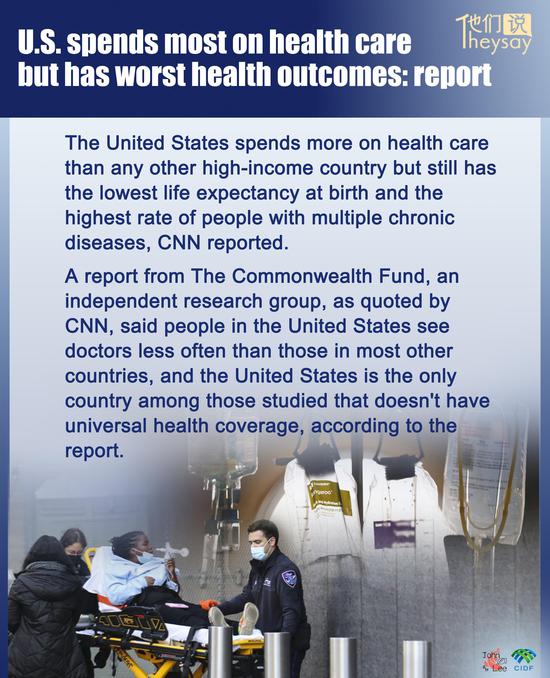
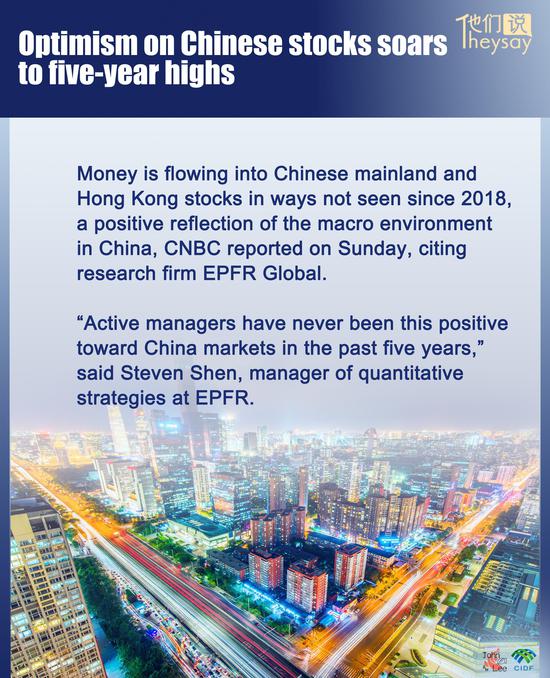







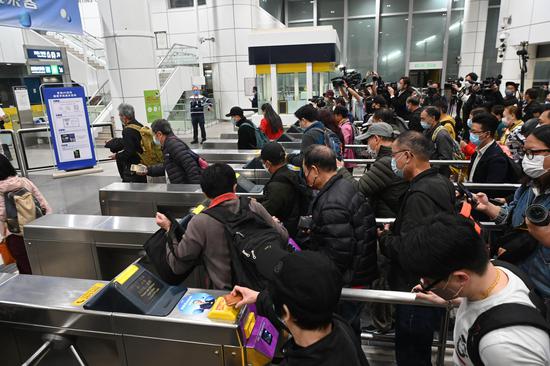






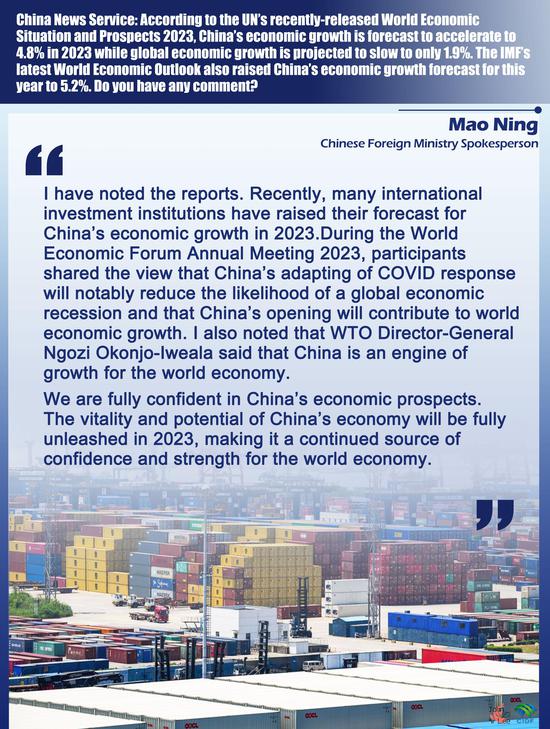
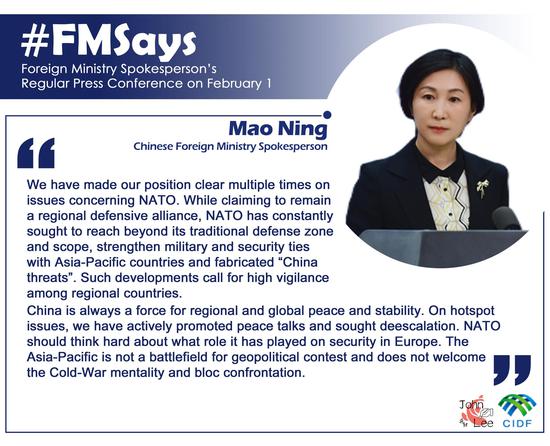




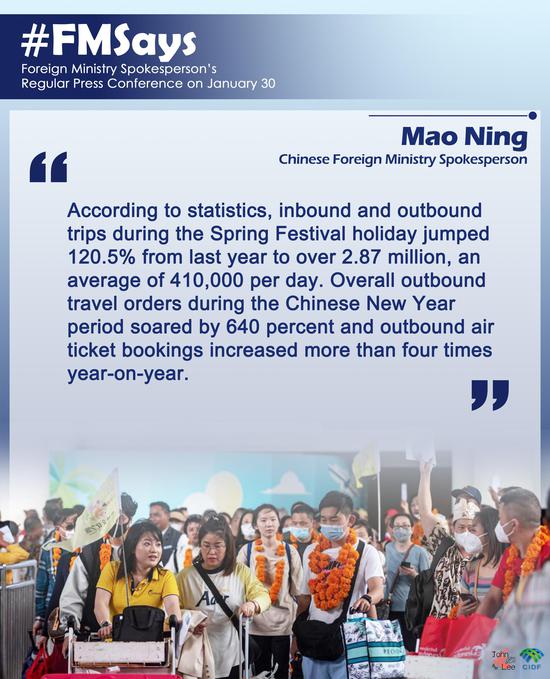





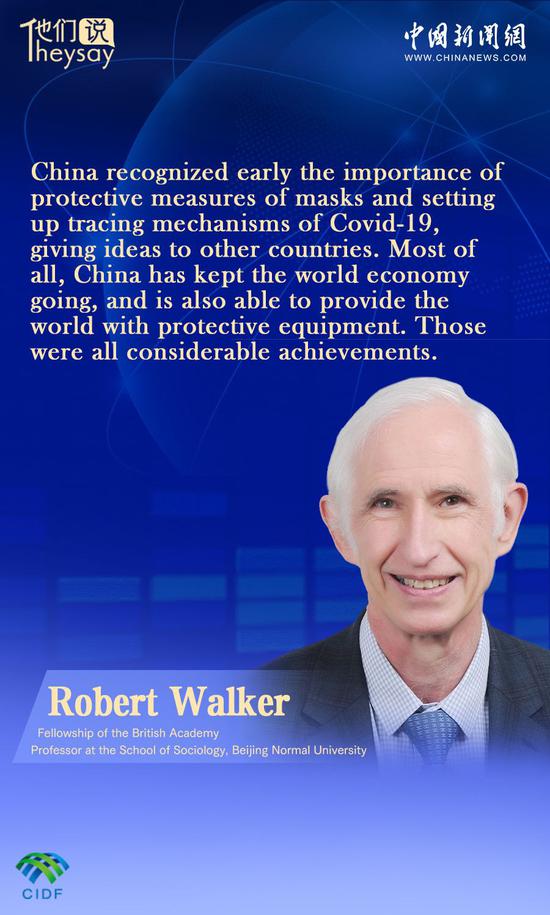









 京公网安备 11010202009201号
京公网安备 11010202009201号